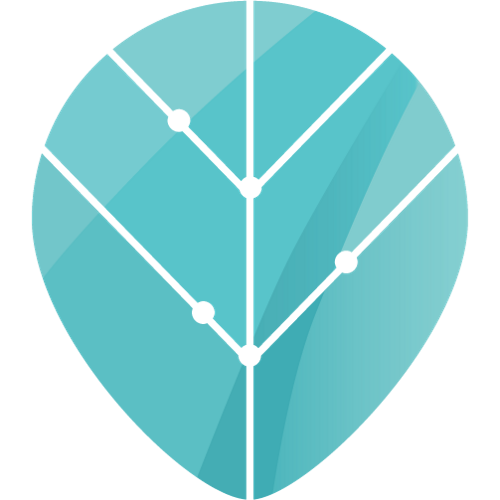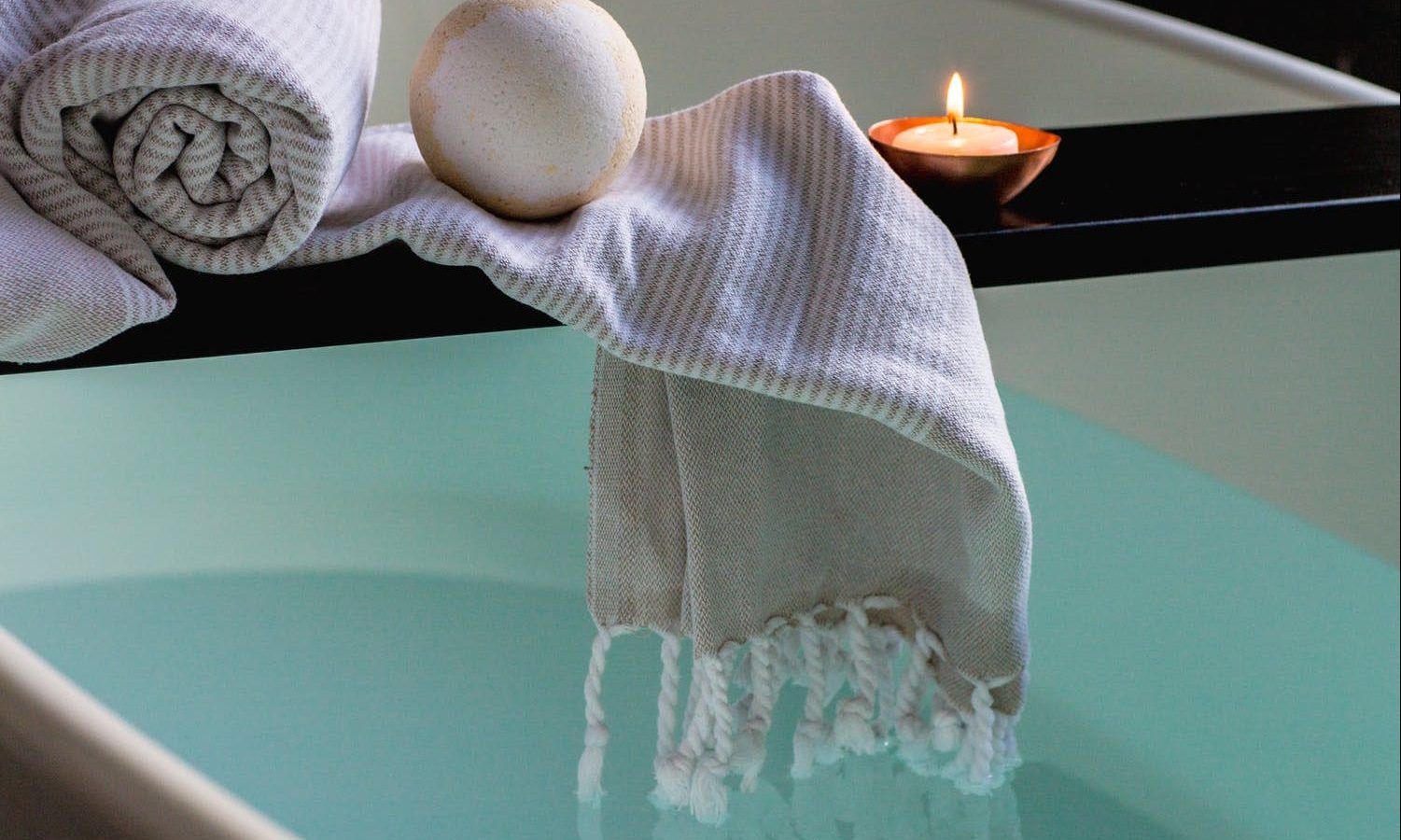Water is a purifying force in the Ayurveda and bathing has been associated with cleansing not only the body but also the mind and the soul. It’s why millions of Hindus from all parts of India take a dip in the River Ganga during the holy days of the Kumbha Mela. The belief that the river’s water transforms into nectar and anyone who bathes in it will erase his/her sins runs deep. Even otherwise, the vedas and puranas recommend not one but two-three baths in the day.
The 4 am bath
“Prataha Kaal” (the onset of day) or “Brahma Muhoortham” begins with the 4 am “snanam” or bath which was considered extremely auspicious in ancient times. This cold-water bath, even before the sun has risen, is meant to revitalise the body and remove all kinds of negative influences. The early morning bath also acts as a great start to the day—ensuring that you stick to your routine and go to bed a little after sunset.
Spring water, river water or rainwater bath
Water is meant to nourish and purify the human spirit. Ancient practises recommend bathing under flowing water of a waterfall or a spring. Stored rainwater is considered auspicious as well.
Chanting while bathing
Few of us associate bathing with sounds. But there’s a rhythm to the splashing of water, and we must try and be mentally still during the bath, treating it as a time for contemplation and meditation.
It’s why bathing has a strong role in Yoga. The ancient rules establish that no asana should be performed before bathing. And during the bath, paying attention to the breath and being mindfully present is recommended. Chanting is also advised:
You might have seen holy men and women chanting mantras while taking some water in their right palm and sprinkling it in different directions. Even if not of a religious bent of mind, you can chant gentle affirmations: Good things are about to happen today, I know I can do this, I am powerful and I am loved, I breathe and relax.
Healing baths
In Ayurveda, bathing has also been associated with healing. Rigorous oil massage followed by bathing is an activity where you’re caring for your body, and spending time with yourself, away from the noise and distractions of the world. This ritual can help restore balance between the body and the mind.
Ayurveda’s herbal baths use natural ingredients instead of synthetic fragrances. In an ayurvedic bath, you’re surrounded by earthly elements that are meant to relax and rejuvenate you. You can use some of these ingredients while drawing a herbal bath: gram flour, turmeric, ginger powder, rose petals, honey, and almond oil.
Shirodhara at home
Shirodhara is a powerful practise to relieve the body and mind of stress. Depending on your body type (vata, pitta or kapha), an Ayurvedic doctor will recommend either coconut oil, sesame oil or ghee massage. A cloth has to be doused in this oil and placed between your forehead or where your third eye is said to be. You can rest for some time and follow it with a soothing bath.
These ancient techniques, if done mindfully, can help reduce stress and have you feeling fresh and energised.
(This is the final part in a two-part series on ancient bath rituals. You can read the first part here.)
Want to share your story of how you thrive? Write to us at [email protected]


